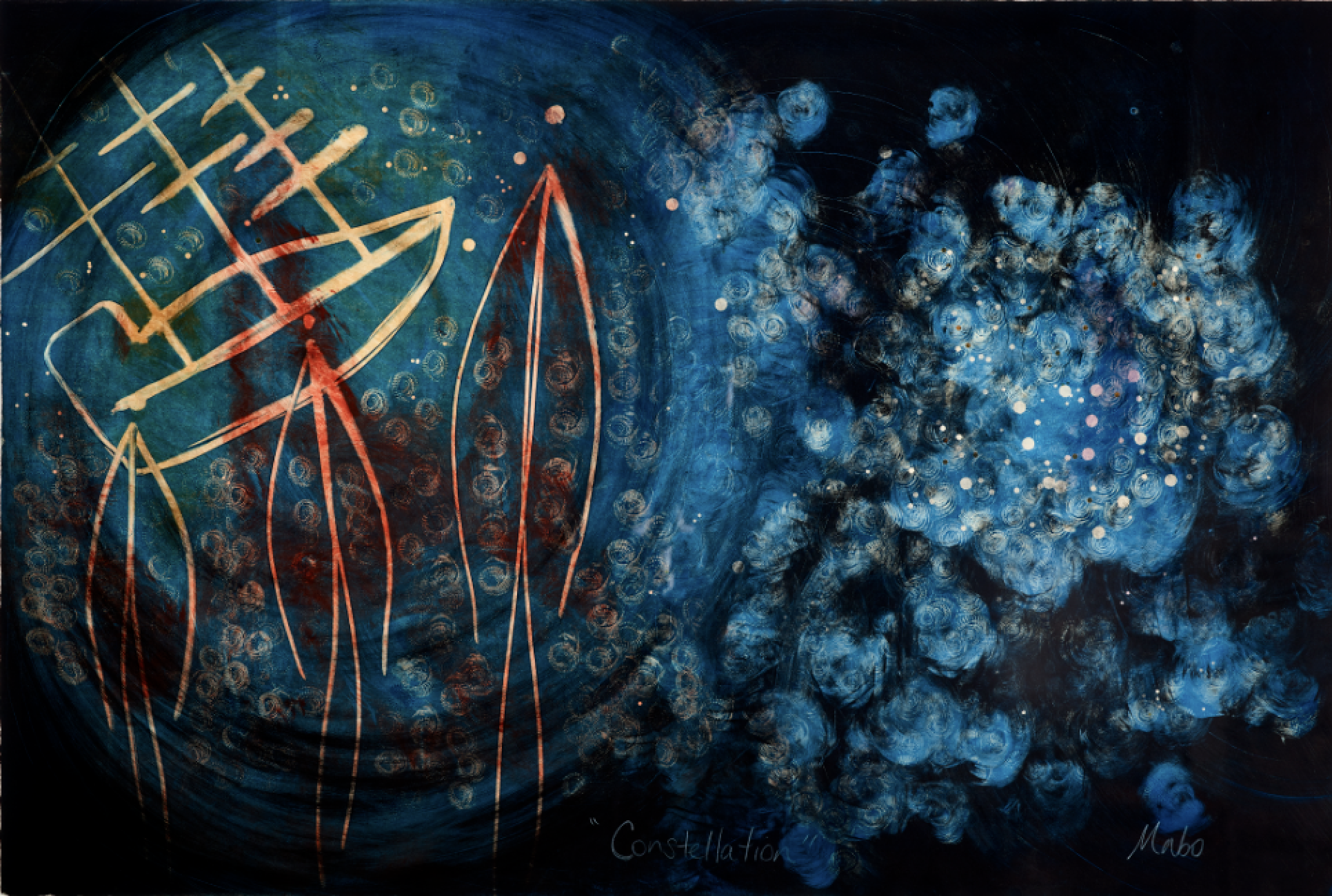Free to Roam
Foot Notes on Sovereignty in Indigenous Film and Fiction
Abstract
Engagements with walking, wandering, roaming the land are not new to Australian writers or filmmakers. A recognition of ambulation as discursive, as world-making, continues today: “First you have to learn to walk,” announces Stephen Muecke in a new book, co-authored with Paddy Roe, on learning how to move on Country. Muecke’s teachers and guides are Indigenous knowledge-holders; he walks only in their footsteps. But in post-Mabo narratives more generally, whose lands are being walked on? Whose worlds are being made as mobility is performed? This essay examines the trope of roaming and of the foot in contemporary Australian Indigenous-authored narratives, wherein walking or mobility in story invokes not only a connection to Country but an enactment of law making and an assertion of Indigenous sovereignty. In a seminal speech in Adelaide in 2003, Indigenous legal philosopher Irene Watson asked “Are we Free to Roam?” Watson asserted the freedom to walk, “to sing and to live with the land of [one’s] ancestors” as a measure of the attainment of Indigenous sovereignty. She called for Aboriginal voices to look “beyond the limited horizon” of the time towards a moment and place of sovereignty. I argue that these voices have now emerged. Beginning with an examination of Ivan Sen’s film Beneath Clouds (2002), I then examine walking and movement in a selection of more recent Indigenous-authored novels (by Alexis Wright, Kim Scott and Julie Janson) and film (by Richard J. Frankland), as well as in new legal thinking which suggests that law-walking might be more prevalent in Australia than previously known.
Downloads
Published
Issue
Section
License
The copyright for articles in this journal is retained by the author(s), with first publication rights granted to the journal. By virtue of their appearance in this open access journal, articles are free to use with proper attribution in educational and other non-commercial sectors.Attribution-NonCommercial-ShareAlike 2.1 Australia
This work is licensed under the Creative Commons Attribution-NonCommercial-ShareAlike 2.1 Australia License. To view a copy of this license, visit http://creativecommons.org/licenses/by-nc-sa/2.1/au/ or send a letter to Creative Commons, 543 Howard Street, 5th Floor, San Francisco, California, 94105, USA.

